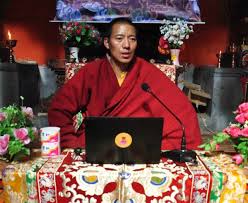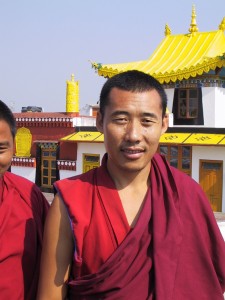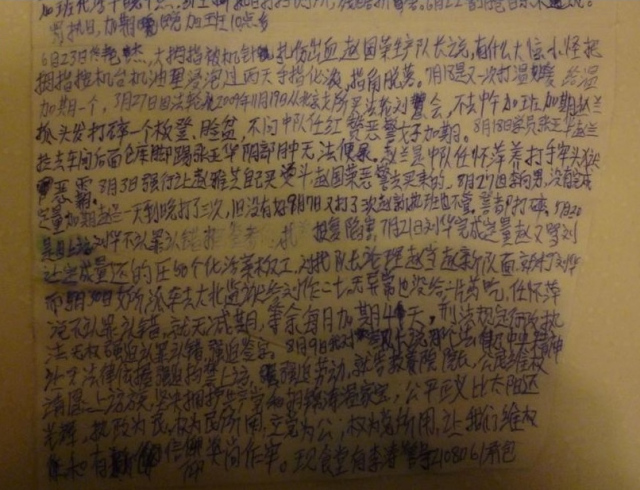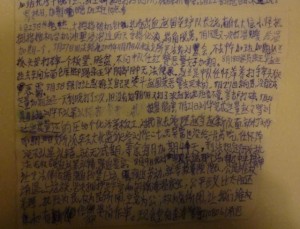
Article 7 of the Universal Declaration of Human Rights (UDHR) proclaims that ‘all are equal before the law and are entitled without any discrimination to equal protection of law.’ Although the government of the People’s Republic of China (PRC) has signed many UN treaties and conventions, it has consistently failed to implement and abide by them, and has resorted to its domestic laws and regulations to violate the basic and legitimate rights of its citizens.
As a member of the United Nations, the PRC is under legal obligation to educate its citizens, and implement within its territorial boundary, the laws, conventions and treaties of the UN. Instead of raising popular awareness about international human rights law, more emphasis is put on repressive domestic laws promoted and propagated under forced education campaigns such as ‘legal education’ or ‘patriotic education’.
To counter this, the Tibetan Centre for Human Rights and Democracy (TCHRD), Dharamsala, has come out with two new publications titled “Nyamdrel Gyaltsog Ki Trim Yig Khag” (‘A Collection of United Nations’ Conventions) and “Sota Chen Ki Mangtso” (‘Monitored Democracy’).


![Tiananmen protest on 4 June 1989 [Photo: theviewspaper.net]](https://tchrd.org/wp-content/uploads/2014/06/tiananmen-massacre-300x198.jpg)
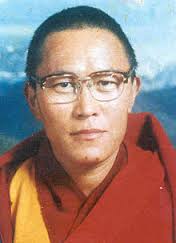
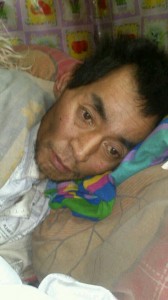

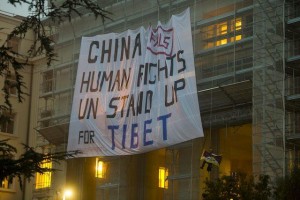
![Tibetan monks interrupted a Chinese government-organised media tour in June 2008 at Jokhang Temple in Lhasa. [Photo: AP]](https://tchrd.org/wp-content/uploads/2014/03/tibetmonksprotest_Jokhang-300x180.jpg)
